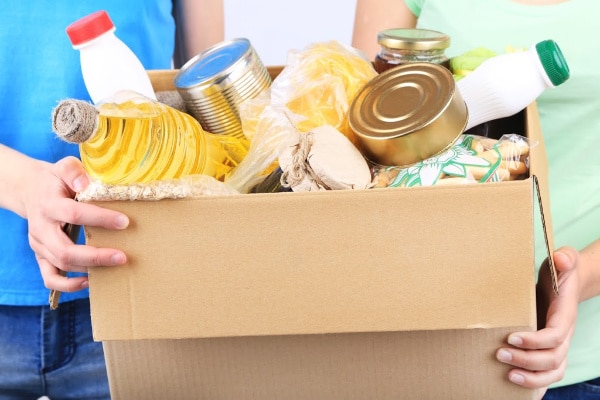Shelf-Stable Milks
Generally, shelf-stable milk is any milk that can sit on a shelf without refrigeration for a certain period or can be refrigerated after being opened. Meanwhile, after opening, dairy milk must be refrigerated immediately. According to GoBankingRates, Nut or grain-based milk, however, can typically withstand room temperature for days without spoiling, so it can come in handy in situations when the electricity goes out. Also, you can purchase larger quantities of this milk since it lasts longer than regular milk.
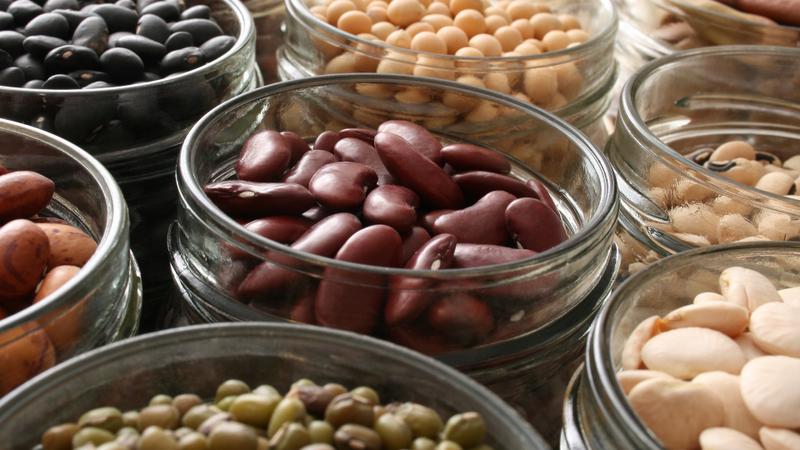
FotografiaBasica / Getty Images
Rice and Beans
It is important to stock up on food that is filling, easy to prepare in a pinch, affordable in large quantities, and contains vitamins, minerals, and fibers. The nutrition expert Samantha Cassetty disclosed this in a speech to Business Insider. Not only do these foods last a long time in storage, but they can also be incorporated into a wide variety of tasty recipes using fresh produce and meat.
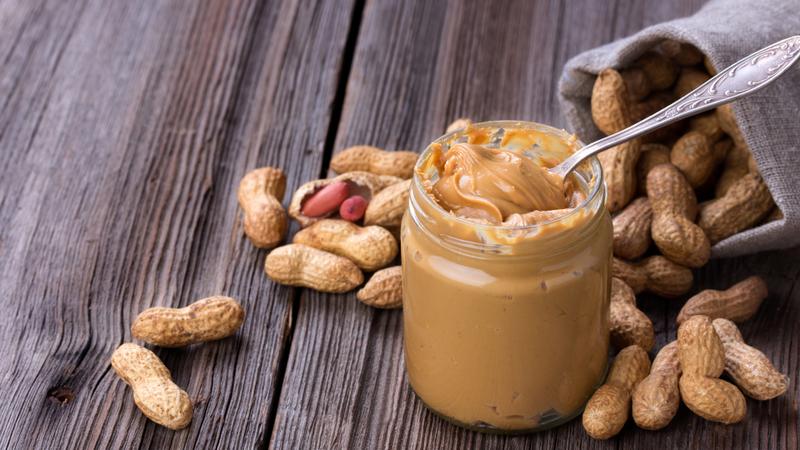
oxyzay / Shutterstock.com
Nut Butters
From peanut to almond, sunflower to cashew, protein-rich nuts are ground into delicious smoothness in nut butters that can be consumed anytime, anywhere. If nut butters are refrigerated after opening, they tend to last a long time, and with a little bread or crackers, they can be a meal in their own right.
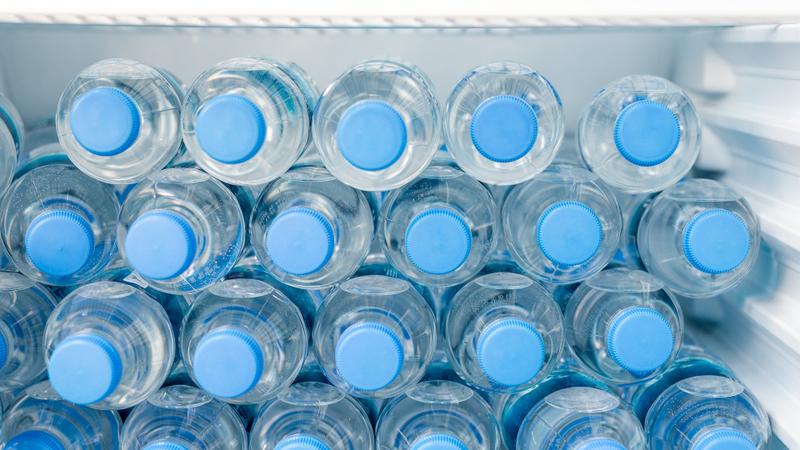
Kyryl Gorlov / Getty Images/iStockphoto
14-Day Supply of Water
Despite the fact that the Coronavirus has not affected the water supply, the Centers for Disease Control and Prevention (CDC) advise all households to keep 14 days of water on hand in case of an emergency. Taking medications and brushing teeth requires water as well as being essential to hydration, which is essential to survival.
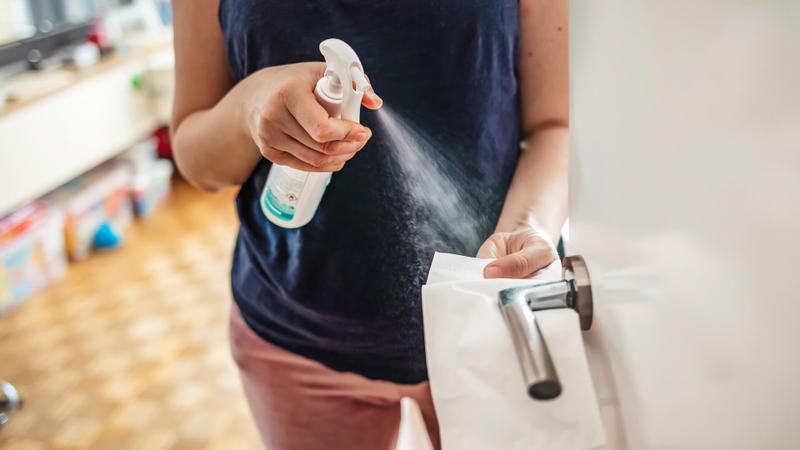
dragana991 / Getty Images/iStockphoto
Bleach
The pandemic probably changed your behavior if you never used much bleach before. Many people were using water-bleach solutions to clean their groceries in the early days of the pandemic out of fear the virus would be spread that way. Although transmission by touch appears to be the least likely method of spreading the virus, bleach (diluted in water) is handy to have around for wiping down surfaces such as doorknobs and handles, kitchen counters, and bathroom fixtures and surfaces.

Onfokus / Getty Images/iStockphoto
Hand Sanitizer
Coronaviruses are less likely to spread through touch, but other germs and viruses have not simply disappeared. Hand sanitizer or a 75% or more alcohol solution are a great idea to keep on hand, literally, as viruses like norovirus, or stomach flu, are notoriously contagious through touch. During COVID-19 spikes, hand sanitizers were among the first items purchased.
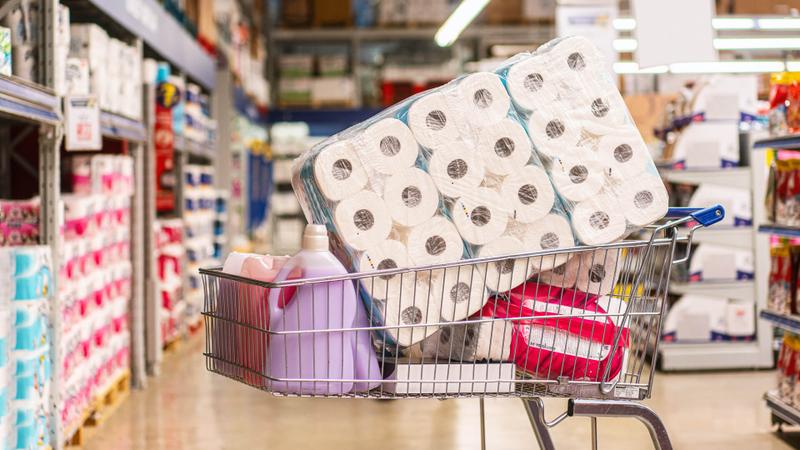
ozgurdonmaz / Getty Images/iStockphoto
Toilet Paper
In 2020, there was a great toilet paper crisis. Who will forget that? As soon as the Coronavirus was mentioned, stores could not keep TP stocked and had to restrict the amount of TP that people could buy. In order to avoid repeating this scenario in the future, keep extra TP on hand within reason. Keeping extra rolls handy as long as you have a place to store them is a good idea.

wundervisuals / Getty Images
Toothpaste
A good idea is to stock up on personal hygiene items you use frequently. Do not forget to keep a month or two’s supply of toothpaste, whether you became ill from the virus, were exposed to the virus and required quarantine, or are just trying to limit your trips to the store.
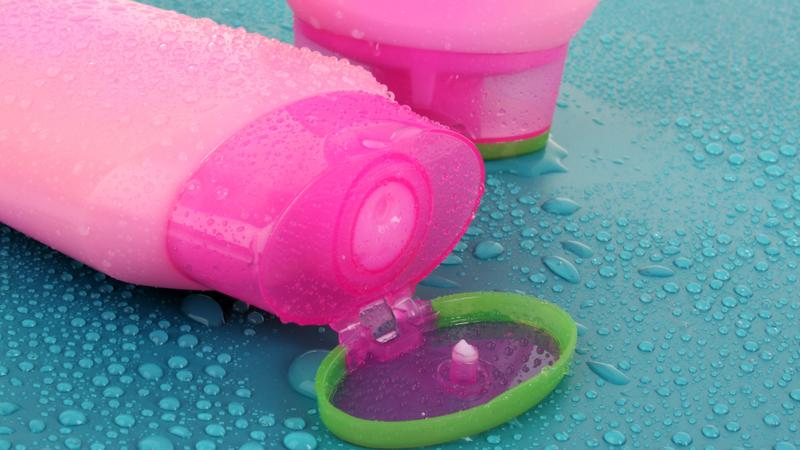
©Shutterstock.com
Body Wash and Shampoo
The same goes for shampoo and body wash, which you need almost every day. Keeping your body clean shouldn’t be a guessing game. Be prepared. The good news is that these goods don’t get spoilt very fast. So, it is also wise to consider buying in larger quantities.

DNY59 / Getty Images/iStockphoto

